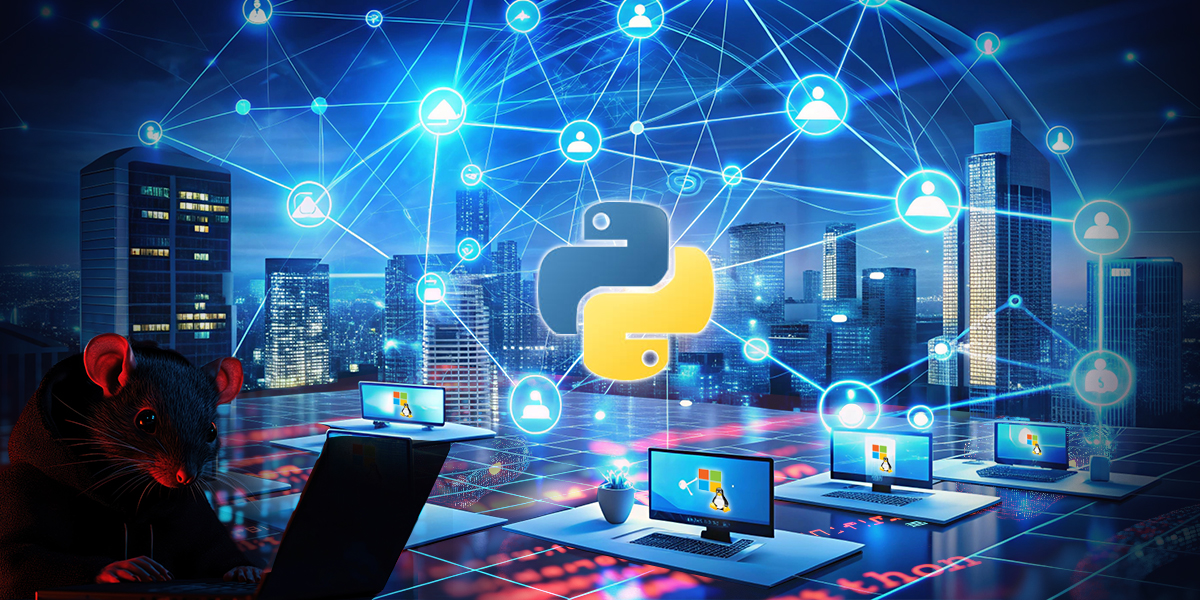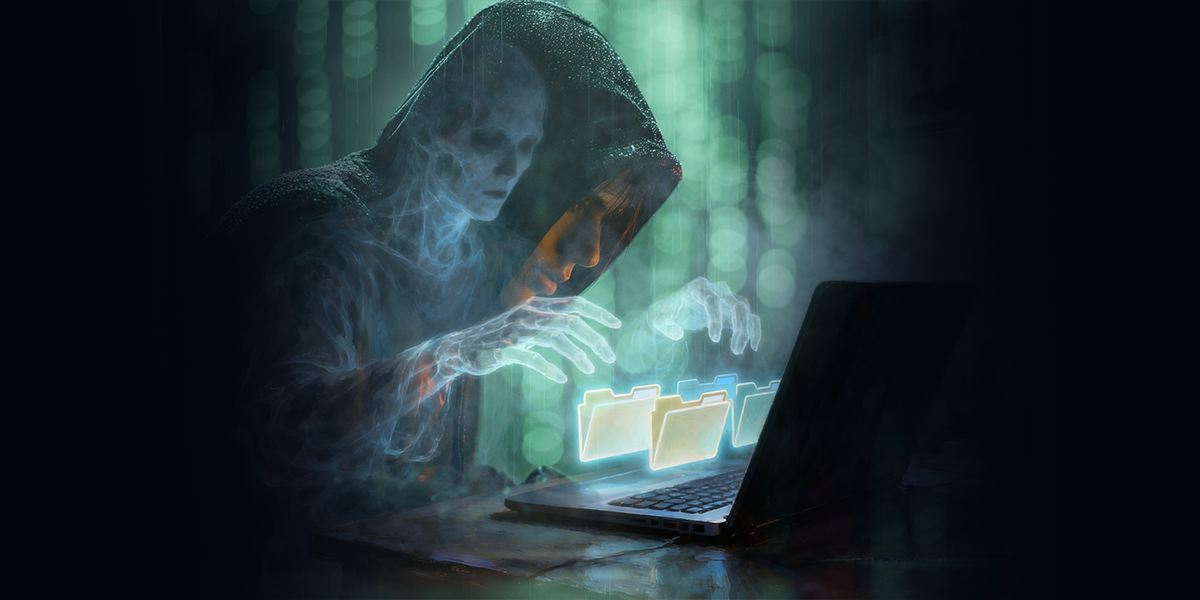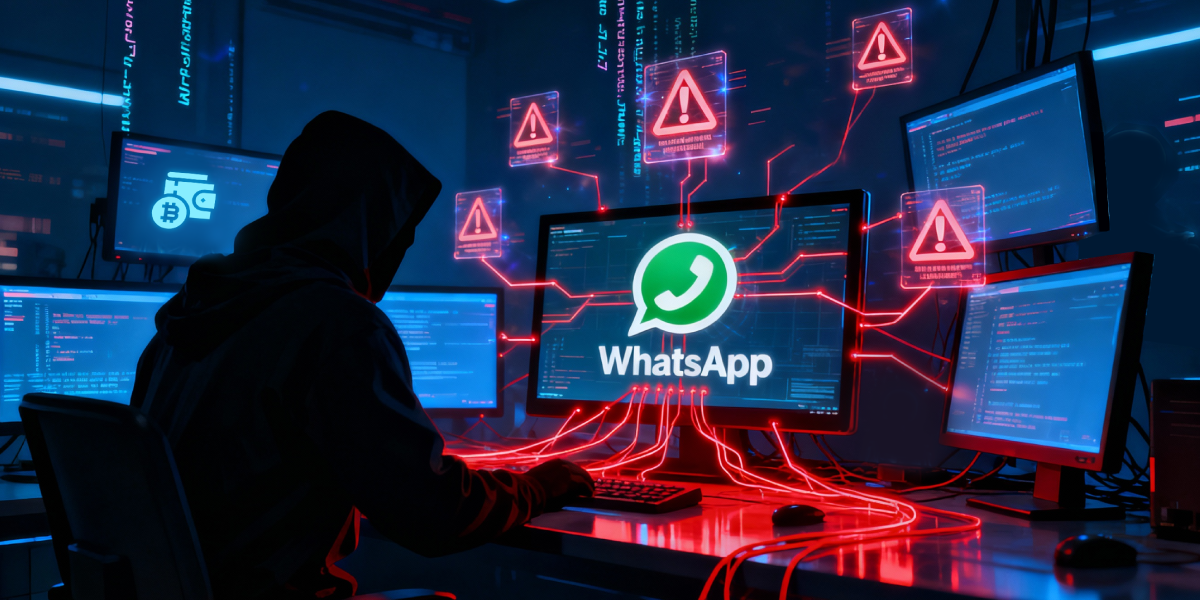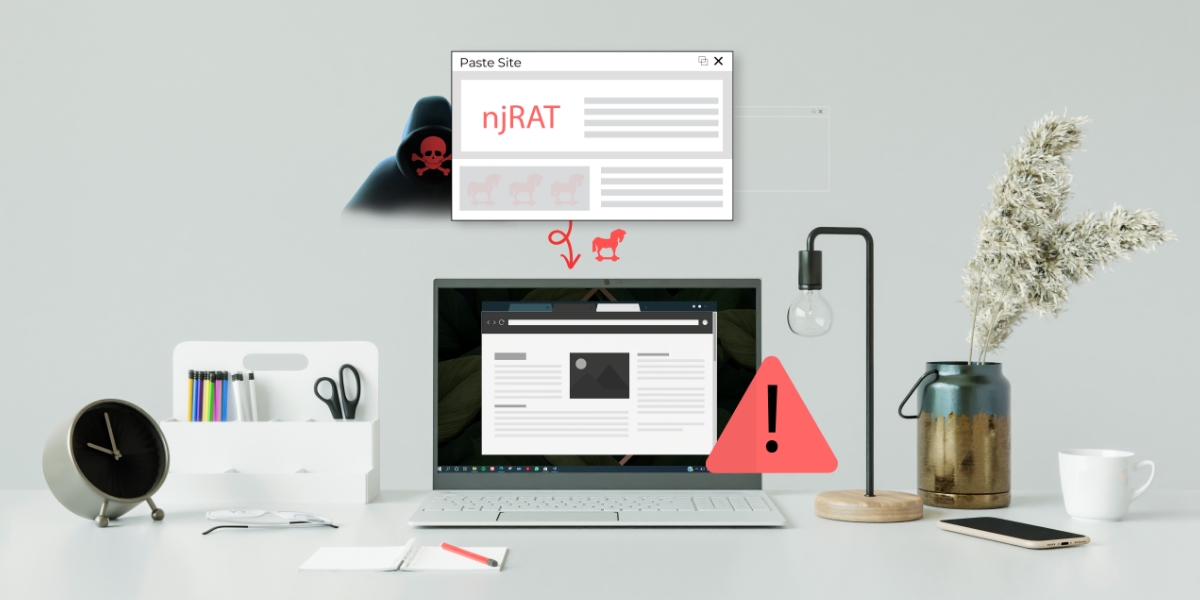This blog intends to highlight some of the dangers faced by the general public associated with an ever expanding use of social networking sites, all set to grow at an even greater rate post the launch of government initiatives such as the Digital India campaign.
Social networking sites such as Twitter and Facebook provide an efficient interface for communication with multiple people in a user-friendly manner. People are connected to their friends, family and followers in real-time, on-the-go using mobile devices. The ugly side to this increasing use of social networking sites is the potential for controlled, targeted abuse within a very short space of time. Recently the Hindu newspaper reported the abuse of Twitter in the recruitment programme of banned organisations.
Users of social networking sites do not appear to think twice about sharing large amounts of their private Personally Identifiable Information (PII) online. This freely available PII, which includes date of birth, phone number, address, and so on allows malevolent actors to hone their attacks’ penetrative function. In addition, given the speed of transmission, it is possible for attackers to reach a large number of victims very quickly, potentially triggering a mass panic scenario, or spreading malware, or increasing recruitment for banned organisations, etc.
There is at least one documented case of the use of social networks to trigger mass panic in India through the use of doctored images and targeted, threatening messages. In August 2012 thousands of Indians from some North-Eastern states of the nation were made to feel threatened to the extent that they decided to flee in large numbers to their home states from other parts of the country; a grave situation indeed.
The above real-world example provides a stark reminder about the havoc that can be caused when malicious content goes viral, either intentionally or otherwise. Legislation related to IT in many countries provides for monitoring of online content, inclusive of social networking sites, especially given that national security could well be at stake. In the documented case mentioned above, the attack vectors were neutered and some semblance of normality restored only after the offending sites were temporarily blocked and bulk SMS/MMS were banned for a short time as per the provisions in law.
Some images (adapted to suit the article) are courtesy of several sites.
Samir Mody
Senior Manager, K7TCL
If you wish to subscribe to our blog, please add the URL provided below to your blog reader: https://labs.k7computing.com/feed









